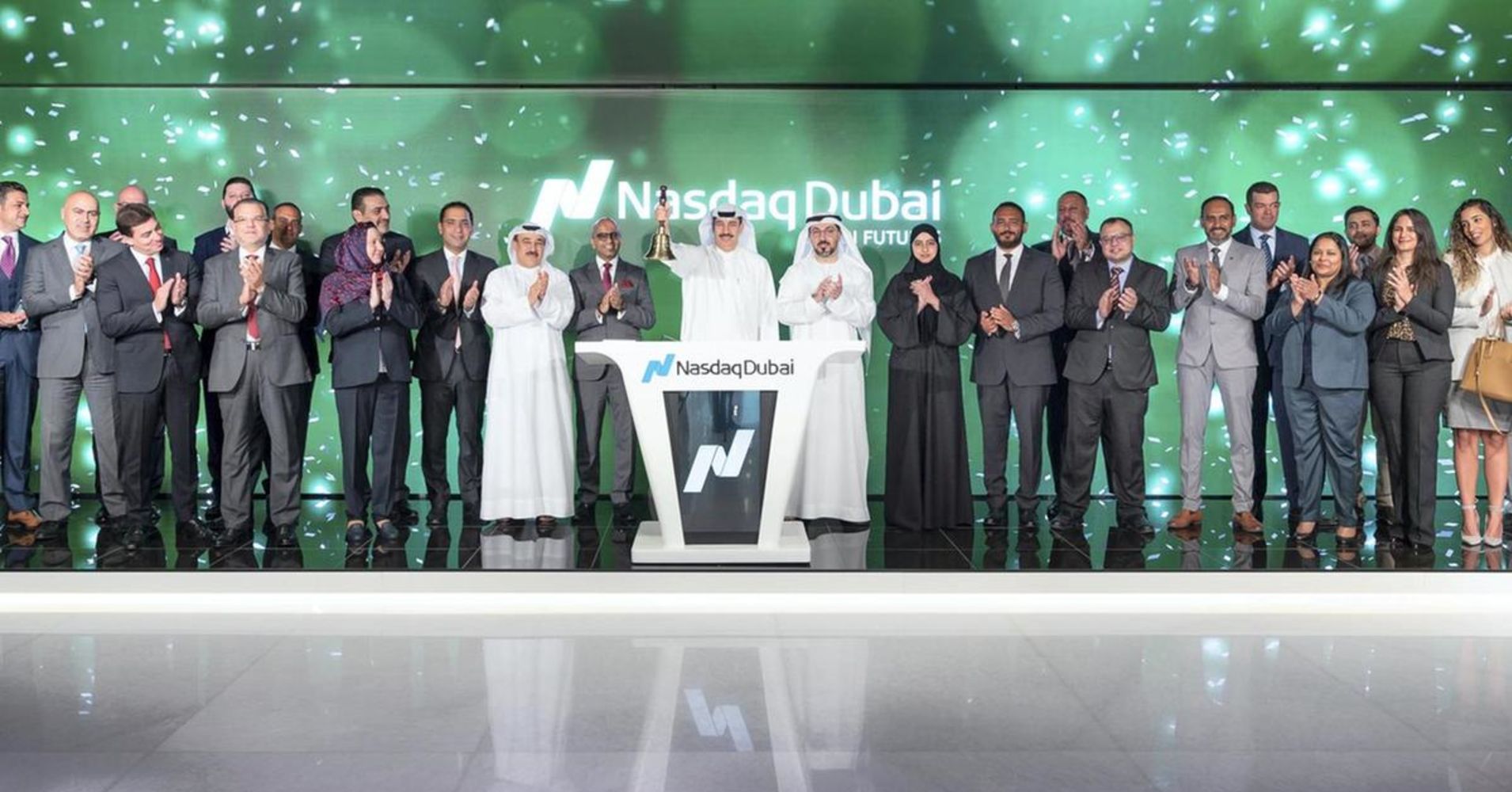The Nasdaq Dubai has launched futures trading on shares of 12 Saudi Arabian companies, its first single stock futures outside of the United Arab Emirates. The move aims to diversify financial offerings to regional and international investors, allowing them to both invest in and trade Saudi companies on the Emirati exchange.
The companies now available for futures trading on the Dubai exchange comprise a market capitalization of 794 billion Saudi riyals ($212 billion) and cover sectors including real estate, mining, banks, industrial materials and petrochemicals.
“This is a very good opportunity for investors out of the region to be able to hedge or take positions, long or short, when it comes to Saudi markets,” Nasdaq Dubai Chief Executive Hamed Ali told CNBC on Wednesday. “It’s a product that complements the current Saudi market, rather than competes with it.” (if you want to trade professionally use our forex advisor download, Look our videos with forex robot for auto trading… )
Futures are financial products used to speculate on the price movement of an underlying asset. Going short is betting that a company’s share price will fall.
Despiteweakened international confidence in Saudi Arabia after a slew of political controversies over the last year, the Nasdaq Dubai’s senior management see promise in the oil-rich kingdom’s reform agenda. Ali emphasized his confidence on Saudi Arabia’s planned reforms toward a more open economy and remained optimistic on the country’s outlook.
Indeed, the kingdom’s inclusion in the MSCI emerging markets index slated for this year is expected to attract some $15 billion in passive funds and several billions more in active funds. Investors have pointed to Riyadh’s easing of some regulatory requirements and adoption of international best practice procedures as signs of progress.
But the country of 33 million has seen drops in foreign direct investment (FDI) flows of late, something it needs for its ambitious Vision 2030 initiative to diversify the country’s economy and grow private sector jobs. Obstacles remain in the form of skills shortages, lower oil prices and rising unemployment in the kingdom, as well as growing international concern over the unpredictability and repressive tactics of the kingdom’s powerful young crown prince, Mohammed bin Salman.
Ultimately, foreign investors “will continue to crave visibility, guidance and clarity that comes with a transparent and accountable operating environment in Saudi Arabia,” Ehsan Khoman, head of MENA research and strategy at bank MUFG, told CNBC via email.
“We’ll see positive results when those changes and reforms that Saudi intends to do materialize,” Nasdaq’s Ali said. “I think the decisive factor will be to what extent Saudi delivers on those reforms, because those can only bring positive change.”
Meanwhille, Talal Assad Touqan, head of research and advisory at Dubai-based Brokerage House Securities, doesn’t see negative press on Saudi Arabia dampening demand for the product, since investors can choose to go long or short. “What matters at this point in time is … giving people the opportunity to bet on the Saudi economy whether on an optimistic view or pessimistic, and on the other hand to widen the set of opportunities and give more diversification to the UAE portfolio,” he said. Use our Portfolio of forex robots reviews…
The exchange launched UAE futures trading in 2016 with single stock futures on seven companies. With more UAE companies added since then as well as the Saudi contracts, Nasdaq Dubai currently offers single stock futures on 29 regional companies.
Signal2forex reviews


 Signal2forex.com - Best Forex robots and signals
Signal2forex.com - Best Forex robots and signals




